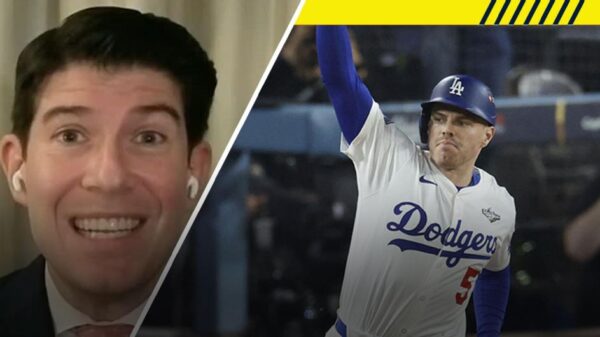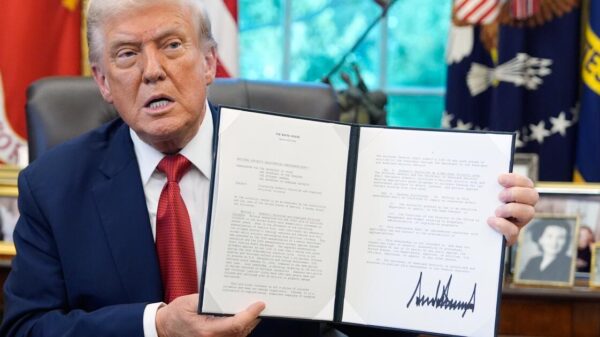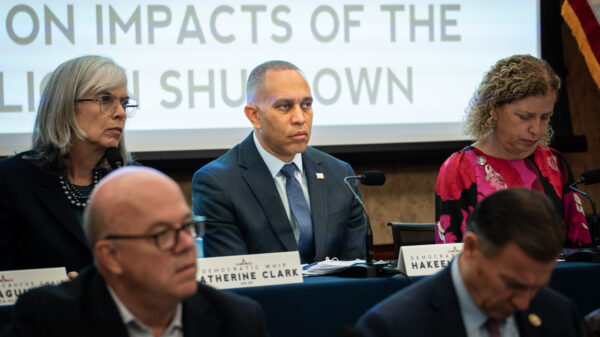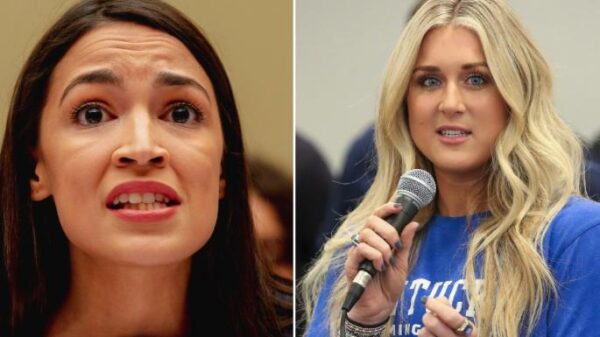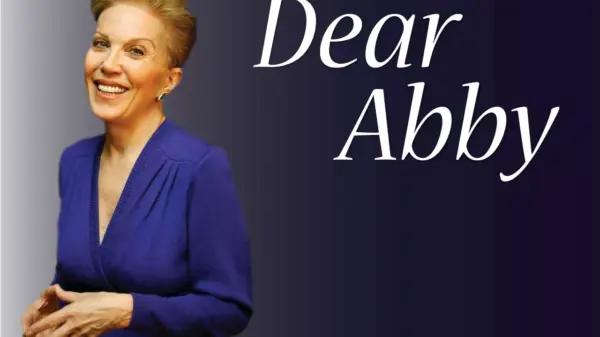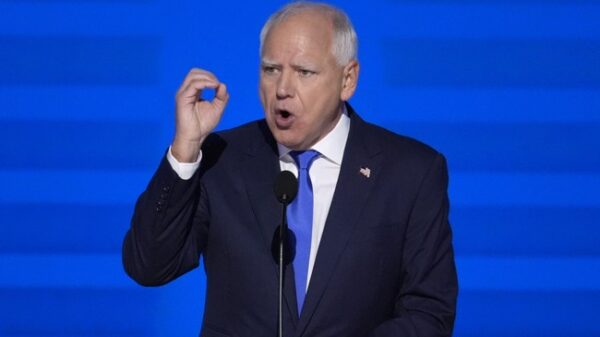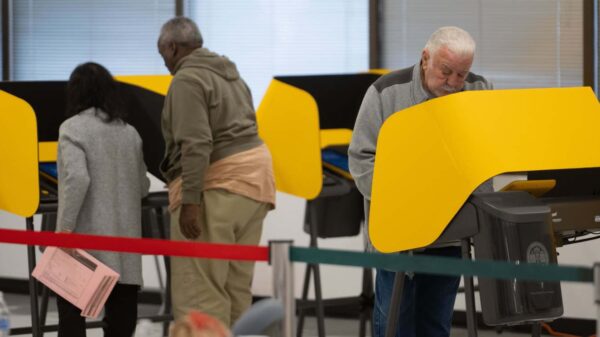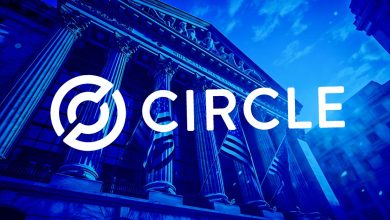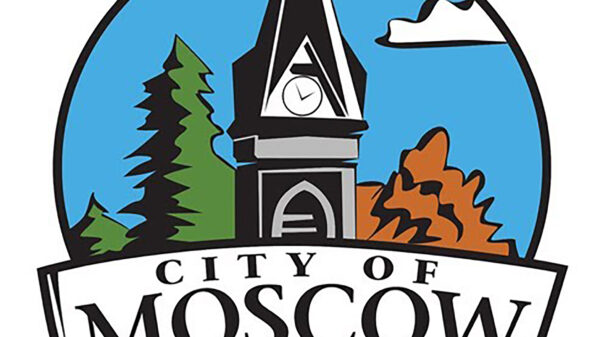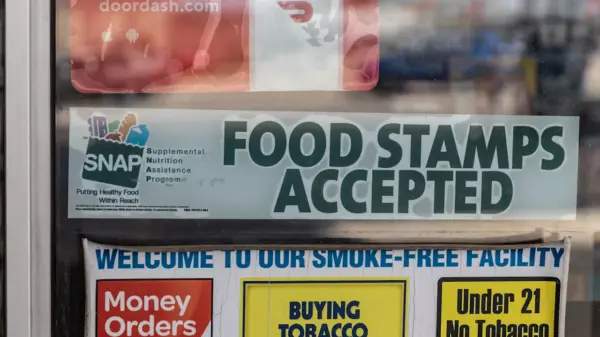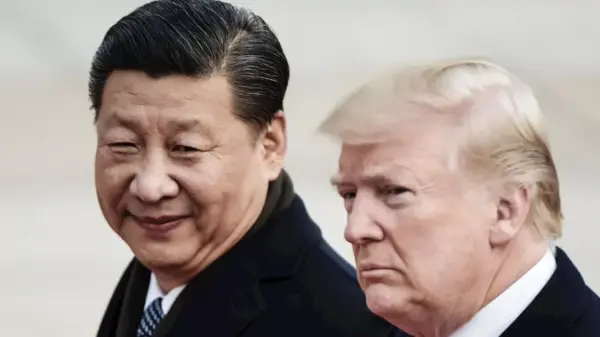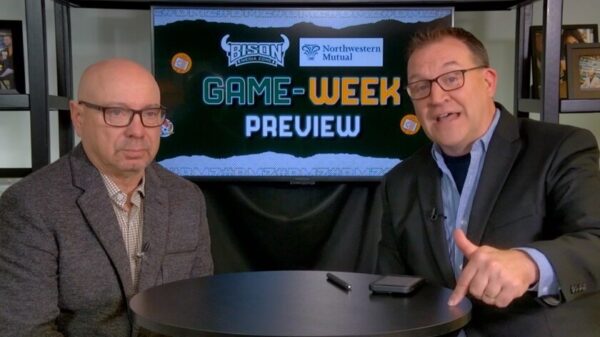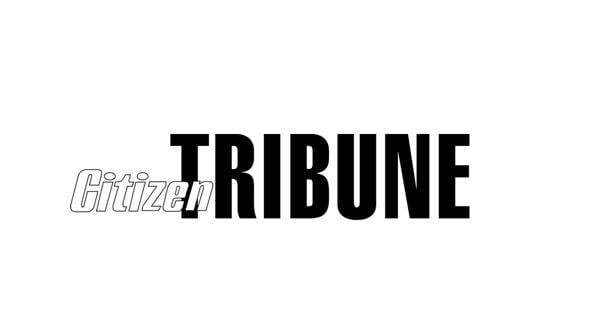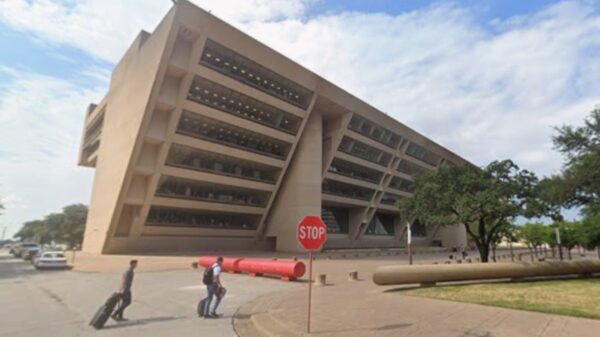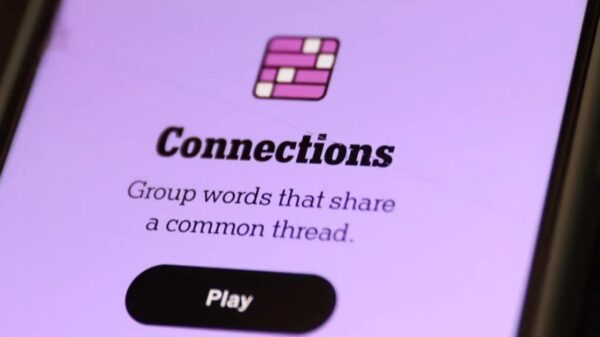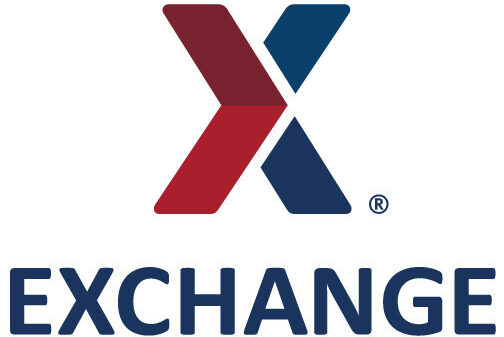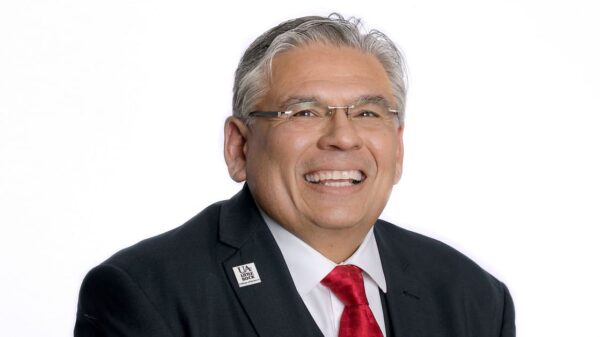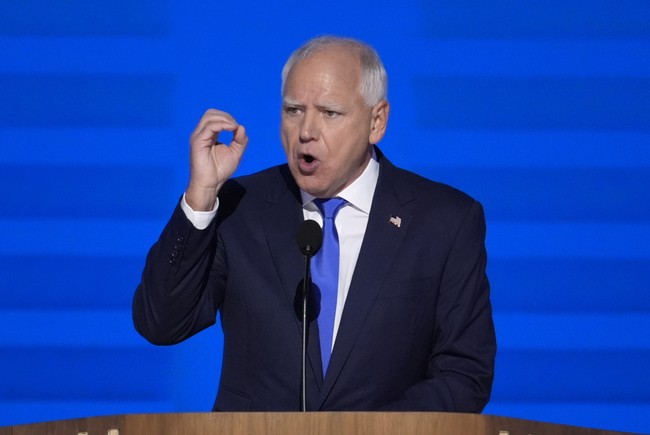On March 18, 2024, Minnesota Governor Tim Walz shared a misleading video on social media, suggesting that White House Press Secretary Karoline Leavitt claimed President Donald Trump is prioritizing the renovation of a ballroom at the White House over all other matters. This edited video has circulated widely, prompting criticism for its lack of context.
The video features an excerpt from Leavitt’s remarks but omits key details that clarify her statement. In the full context, Leavitt indicated that the ballroom renovation was a top priority in relation to other potential renovation projects, rather than suggesting it took precedence over all governmental issues. Critics argue that Walz’s interpretation misrepresents the original message and fuels misinformation.
Criticism of Misinformation
Following Walz’s sharing of the video, various commentators voiced strong disapproval. Some labeled his actions as part of a broader trend of misinformation among Democratic politicians. “Walz is lying. Again,” one commentator remarked, highlighting the edited nature of the video and its potential to mislead viewers. The video has reportedly garnered millions of views online, amplifying its reach and impact.
Supporters of Walz have defended his comments, framing the issue as an example of broader political contention. Nonetheless, the backlash underscores the ongoing challenges in political discourse, particularly concerning the dissemination of information through social media platforms. The incident has reignited discussions about the responsibility of public officials in accurately representing statements made by others.
The Broader Implications
As misinformation continues to proliferate in the political arena, the incident raises questions about accountability and the ethical responsibilities of leaders. With both sides of the political spectrum often accused of distorting facts to serve their narratives, the need for transparency and honesty remains critical. The public’s trust in political figures hinges on their ability to convey information accurately.
This situation also highlights the power of social media in shaping public perception. Platforms like X have become battlegrounds for political narratives, where misinformation can spread rapidly, impacting voter opinions and behaviors. As the 2024 election approaches, the potential for misleading content to influence political outcomes becomes increasingly significant.
In summary, Tim Walz’s promotion of the misleading video serves as a reminder of the importance of context in political communication. As the dialogue surrounding misinformation intensifies, there is a pressing need for political leaders to prioritize accuracy and integrity in their public statements.

